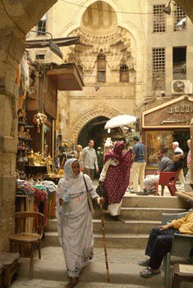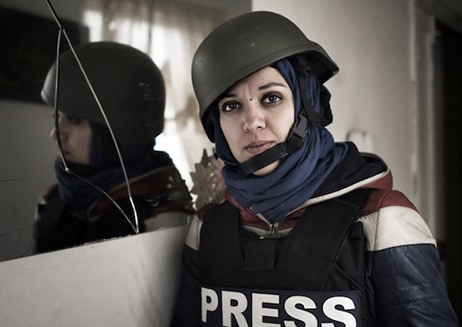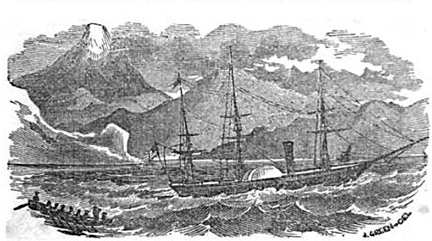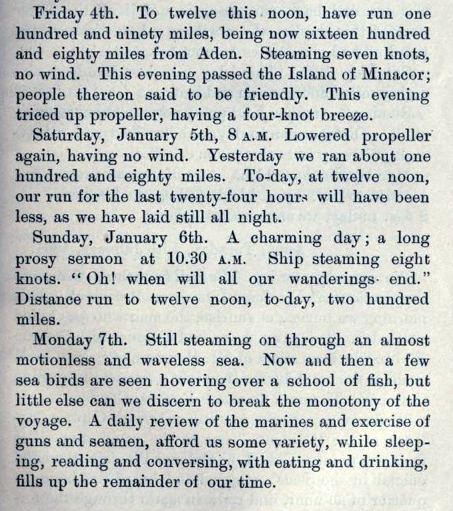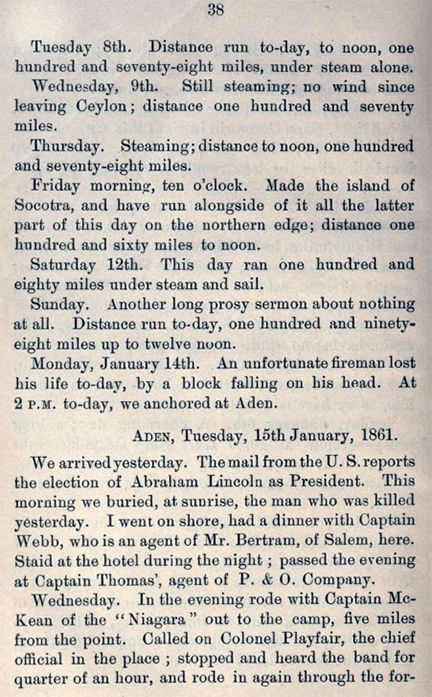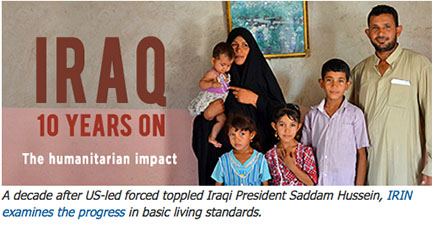
[Webshaykh’s Note: There is an excellent report on the progress in humanitarian aid to Iraq over the past decade on the website of the UN Office for the Coordination of Humanitarian Affairs. Click here to access the full report and updates.]
BAGHDAD/DUBAI, 22 April 2013 (IRIN) – Ten years after US forces took over Iraq, opinions on the progress made are as polarized as ever.
On one side, the Iraqi and American governments argue, the gains have been significant.
“Despite all the problems of the past decade, the overwhelming majority of Iraqis agree that we are better off today than under Saddam’s brutal dictatorship,†Iraqi Prime Minister Nouri Al Maliki wrote in a 9 April opinion piece in the Washington Post, marking 10 years after the fall of former Iraqi president Saddam Hussein.
Paul Wolfowitz, who served as the US Deputy Secretary of Defence between 2001 and 2005, wrote the same day in Asharq al-Awsat newspaper that given the hardships under Hussein, “it is remarkable that Iraq has done as well as it has thus far.â€
Others are more circumspect in evaluating these gains, looking to the 1980s – under Hussein’s rule – as a time when Iraqi society was much further ahead.
“By all measures and standards, there has been a deterioration in the quality of life of Iraqis as compared to 25 years ago,†said Khalid Khalid, who tracks Iraq’s progress towards the Millennium Development Goals (MDGs) at the UN Development Programme (UNDP). “The invasion comes on top of sanctions that came before it and the Iran-Iraq war. It’s one continuous chain of events that led to the situation Iraqis are facing now.†Continue reading IRIN on Iraq


